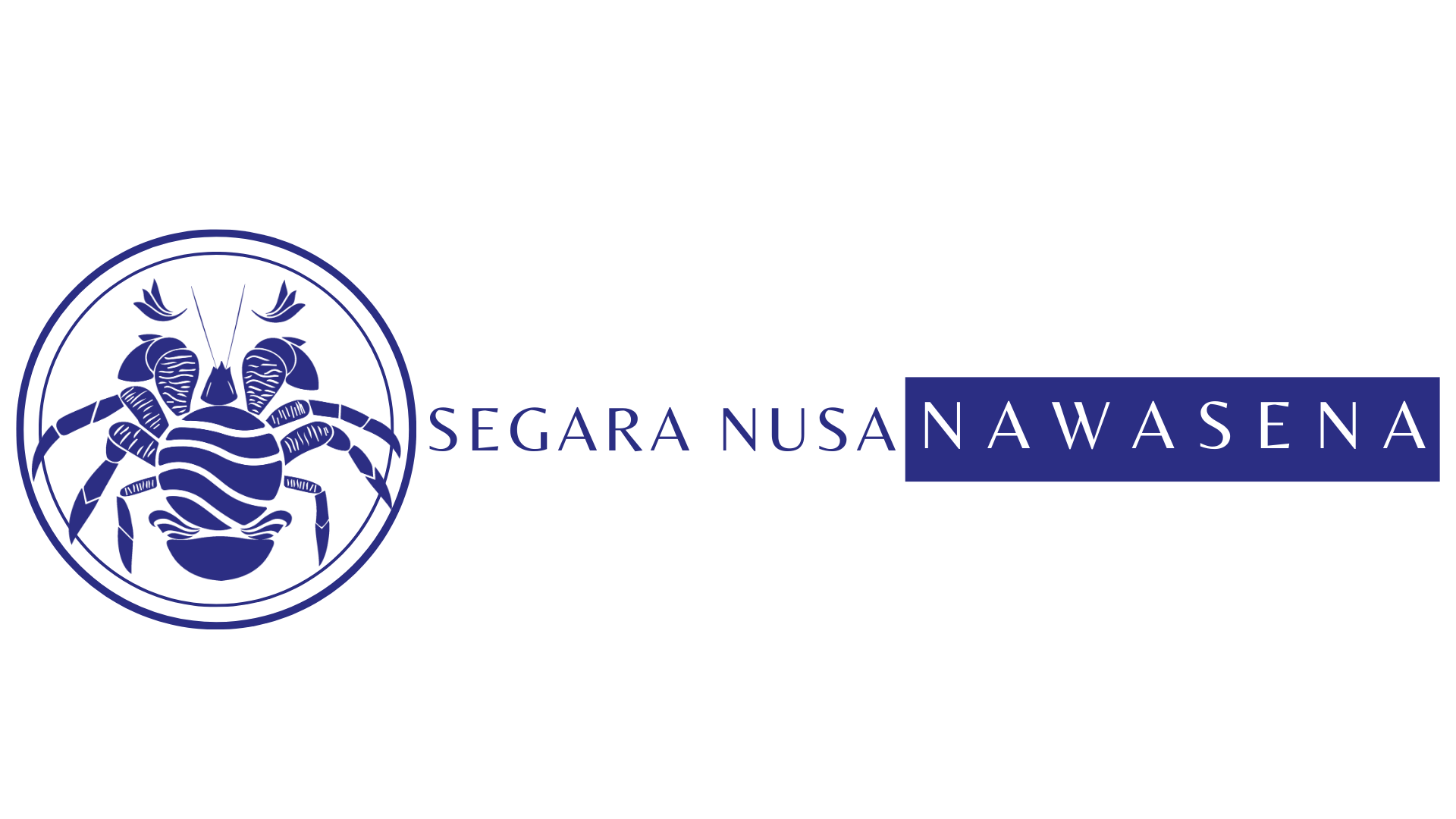Raising awareness of environmental concerns in the Sulu-Sulawesi Sea at Indonesia-United States Ocean Dialogue
- trivella indonesia
- Aug 19, 2024
- 2 min read

Segara Nusa Nawasena founder and head of advisory board, Senia Febrica, co-organised “the Indonesia-United States Dialogue on Ocean Security in the Sulu-Sulawesi Sea” on 23 April 2024. This roundtable aimed to spark dialogue between government, academic, private sector, and civil society actors from Indonesia and the United States to advance holistic and integrated policy solutions that support sustainable development, reduce geopolitical instability, and increase stakeholders’ resilience in addressing maritime security challenges in the Sulu-Sulawesi Sea. It was the first bilateral track 1.5 dialogue on the Sulu-Sulawesi Sea. This event was co-organised by the American Studies Center Universitas Indonesia, Indonesia; the Indonesian Institute of Advanced International Studies, Indonesia; the Wilson Center, United States; and the University of Strathclyde, United Kingdom. It was generously supported by the Hollings Center, United States.
Considering growing instability in the Indo-Pacific, the multiplying risks posed by climate change, and other transnational challenges–including illicit behaviour, such as illegal, unreported, and unregulated fishing (IUU)– cooperation to address criminal activities that affect marine environment and communities that are dependent on it needs to continue to expand.
Contributions made by Senia Febrica at the Dialogue focused on environmental security. Her policy recommendations are listed below.
Indonesia and its neighbouring states should engage in peaceful negotiations to settle the pending maritime boundaries agreements. This development would contribute positively to conservation and sustainable management of marine resources in the region.
The United States should provide capacity building and transfer of technology for innovation in the Sulu-Sulawesi Sea to detect destructive and IUU fishing. Technologies such as remote sensing, satellite imagery, and machine learning could be used to detect destructive and illegal fishing activities (e.g. bomb fishing) and the presence of IUU fishing vessels and its support ecosystems that may include bunker ships, transhipment ships, and offshore infrastructure.
The United States and Indonesia should cooperate with private sector to improve certification and strengthen the traceability of marine products from fishers to consumers. The two governments need to strengthen cooperation to stop companies from committing destructive and IUU fishing and to collaborate with those that promote sustainable practices.
Indonesia and the United States should explore opportunities to involve various stakeholders including Indigenous Peoples and local communities, small-scale fishers, women, and representatives of private sector in the co-design and co-management of marine protected areas (MPAs) in the Sulu-Sulawesi Sea.
Indonesia and the United States should work to co-develop innovative climate finance mechanisms, including in marine insurance, to complement existing ones.
Indonesia and the United States should collaborate more closely to protect children from the impacts of climate crisis “to human systems (e.g. food insecurity and poverty), which can in turn incentivize maritime crime (e.g. smuggling, trafficking)” (Brennan & Germond, 2024).
For more information read this policy paper.

.png)

Comments